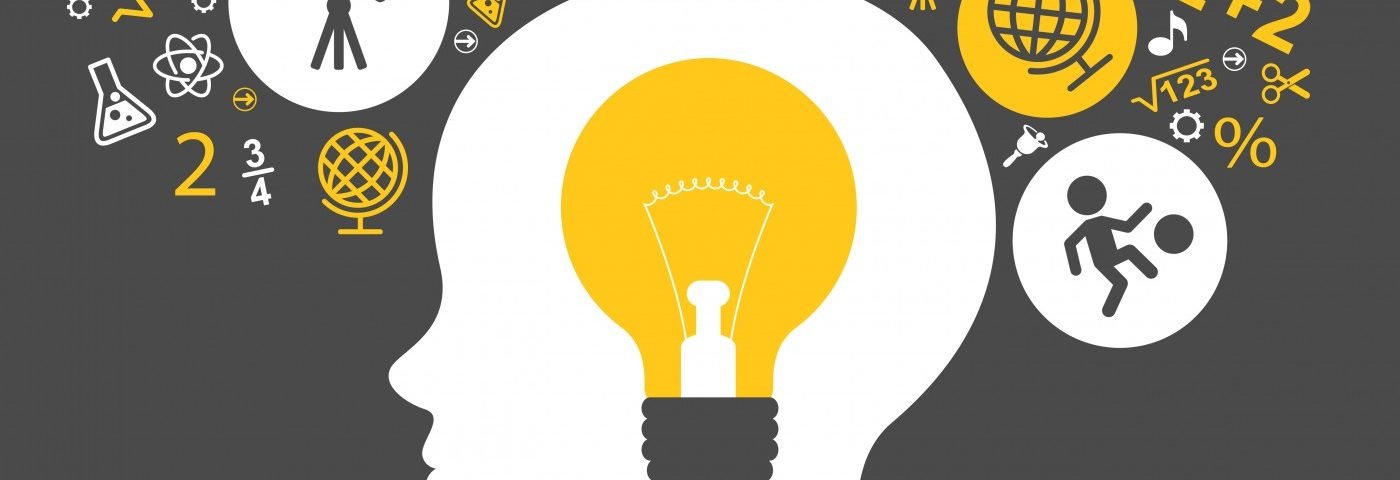The epilepsy therapy known as Zebinix in Europe and Aptiom in the United States does not impair cognition in children, a Phase 2 clinical trial indicates.
Children with focal epilepsy who received the treatment had roughly the same ability to pay attention and process information, and about the same working memory, as children who were not treated, researchers said.
Researchers from the Portuguese company Bial and its Japanese partner Eisai presented the results at the European Paediatric Neurology Society Congress in Lyon, France, June 20-24.
“Childhood and adolescence are critical times for learning and development,” Ann Connolly, an epilepsy nurse at National Children’s Hospital in Adelaide, Australia, and Meath Hospital in Ireland, said in a press release.
“These findings may indicate that eslicarbazepine acetate has no significant negative consequence on the neurocognitive capability of children. This is important as the treatment may help support normal learning and schooling, which will stand these children in good stead for the future.”
The trial (NCT01527513) covered 123 children, aged 6–16, with refractory focal onset epilepsy. Among them, 83 were randomized to receive Zebinix/Aptiom as an adjunct treatment, while 40 received a placebo. Researchers tested the children’s cognition at the beginning of treatment and 12 weeks later.
In addition to having no impact on attention, information processing, and working memory, Zebinix had no impact on other cognitive components, such as continuity of attention, quality of working memory, and speed of memory, researchers said.
“A major treatment goal for neurologists managing childhood epilepsy is to achieve seizure freedom with minimal or no adverse effects, of which neurocognition is an important consideration,” said Stéphane Auvin, a professor of Epilepsy and Child Neurology at the Denis Diderot University in Paris.
“Few clinical trials have examined the cognitive effects of AEDs [antiepileptic drugs] in childhood epilepsy, so this new data is reassuring and supports the use of eslicarbazepine acetate in these difficult-to-treat patients,” added Auvin, who is also a member of the Paediatric Commission of the International League Against Epilepsy and a board member of the French Paediatric Neurology Society.
The percentage of adverse events was similar in the treated and control groups — 45 percent in Zebinix children and 48 percent in placebo-treated patients. The most common side effects were headache, sleepiness, and vomiting.
The European Union approved Zebinix as an add-on treatment for people 6 years and older who experience a type of seizure called a partial-onset seizure, with or without secondary generalization. A generalized seizure is more severe than a partial-onset one. It can impair consciousness, for example.
European regulators have also authorized Zebinix as a single treatment for partial-onset seizures, with or without secondary generalization, in adults newly diagnosed with epilepsy.
U.S. regulators have approved Aptiom as an adjunct treatment for partial-onset seizures and, since 2015, as a stand-alone therapy for newly diagnosed patients or for those switching treatments. Sunovion Pharmaceuticals, which markets the drug in the United States, filed a Supplemental New Drug Application with the U.S. Food and Drug Administration in March 2017, seeking Aptiom’s approval for children aged 4 and older.


